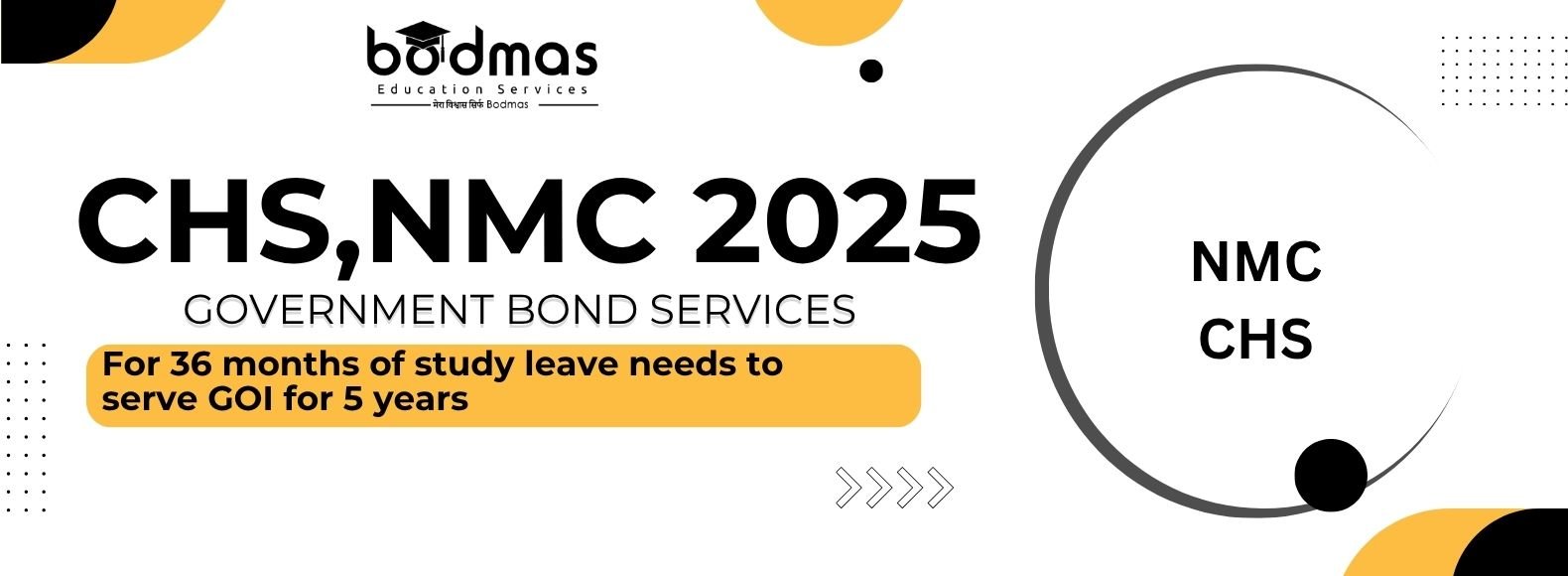Central Government Bond Service for Doctors
During a recent Lok Sabha session, Union Minister of State for Health, Smt. Anupriya Patel, explained the policy for Central Health Service (CHS) doctors taking extended study leave for post-graduation. According to the CCS (Leave) Rules, 1972, CHS officers who accept 36 months of study leave are required to sign a bond with a condition of five years' service in government healthcare again. This requirement, integrated within the CCS framework, is meant to ensure retention of trained specialists within the public health system.
Parliamentary Clarification
Replying to a question raised by MP Dr. Dharamvira Gandhi about filling vacancies and retaining bonded experts, Minister Patel reiterated that though the state and union territories have their own recruitment and resignation policies, CHS doctors are bound by the central terms of bonding. To be precise, doctors taking the complete 36-month study leave must serve five years in government service after that.
This structure has several purposes: inducing higher education among the government doctors, protecting public investment in their education, and ensuring the duration of longer services for the enhancement of rural and underserved healthcare outcomes. To those contemplating policy parity, this is a follow-up to a 2019 call by the Supreme Court, instructing the then Medical Council of India (now NMC) and the Union Government to take measures towards uniform compulsory service policies for doctors who have been educated with public funds.
Policy Background: CCS Leave Rules & Bond Terms:
The need for a bond after prolonged study leave is not novel but is part of the larger CCS Leave regime. According to the CCS (Leave) Rules, 1972:
Ordinary government servants are normally allowed a maximum study leave of 24 months during service.
But CHS officers who are seeking postgraduate qualifications could be allowed up to 36 months, subject to signing a bond to serve the government for five years after leave
This bond policy, for the first time in an Office Memorandum dated 26 October 2007, was released following inter-ministerial consultations, with a key stakeholder being the Ministry of Finance. It acknowledged the three-year post-graduate academic period and career progression requirements of CHS officers, while permitting the public sector to continue benefiting from their higher qualifications
Incentives for Retention Beyond the Bond:
Aside from the terms of the bond, various systemic incentives are designed to encourage retention and professional development:
Conceded Leave Rules: CHS doctors have a longer study leave allowance of 36 months compared to the general 24 months for postgraduate studies.
Exceptional Leave (EOL): Provisions for EOL for higher studies directly following recruitment.
Dynamic Assured Career Progression (DACP): Career progression without exclusive reliance upon vacancy availability, guaranteeing punctual progress.
Non-Practicing Allowance (NPA) and Annual Allowance: Monetary incentives augment the earnings of CHS officers.
These steps, along with bond conditions, form an ordered retention system for expert professionals
Relevance in India's Healthcare Sector:
India still suffers from inadequate qualitative and quantitative distribution of specialist physicians, particularly in rural, hilly, and underserved regions. The CHS bond framework facilitates filling up these gaps in a number of ways:
Stable Supply of Workforce: Guarantees that highly trained doctors are returned to public healthcare for a significant amount of time, stabilizing specialist supply.
Public Investment Protection: Education is costly and time-consuming. The bond guarantees that the public service return on the government's investment in training is received.
Equity of Access: By requiring service, particularly where needed, the policy ensures fair distribution of skilled medical personnel.
In addition, the 2019 Supreme Court ruling highlighted the necessity of regulations equal across states for compulsory service from publicly trained doctors—a vision that aligns with CHS's centrally consistent bonding structure
Implementation Nuances & Considerations:
Whereas the policy is evident, implementation depends on administrative care:
Monitoring: Keeping tabs to ensure that returning doctors honor their bond contracts and monitoring their postings and lengths is key.
State Variation: While central bonding is applicable to CHS physicians, retention techniques and state-level arrangements differ, calling for harmonization across for greater uniformity.
Penalty Mechanisms: Bond breaches must have real penalties in order to deter defaults—either money recovery, being barred from future central positions, or other administrative punishments.
Powered by Froala Editor




